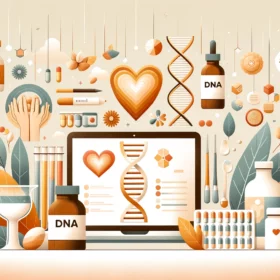In recent years, there has been a growing movement towards choosing whole foods over processed options in order to improve our health and well-being. But what many people may not realize is that this shift can also have a positive impact on the environment.
One of the main ways that choosing whole foods can help the environment is by reducing the amount of packaging waste that is generated. Processed foods often come in layers of plastic, cardboard, and other materials that end up in landfills or oceans, contributing to pollution and harming wildlife. By choosing whole foods like fruits, vegetables, grains, and legumes, we can significantly reduce the amount of packaging waste that is produced.
Additionally, whole foods are generally produced using more sustainable farming practices than processed foods. This is because whole foods are often grown locally and seasonally, reducing the need for long-distance transportation and the associated greenhouse gas emissions. Furthermore, whole foods are less likely to be grown using synthetic pesticides and fertilizers, which can contaminate soil and water sources.
Choosing whole foods over processed options can also help to preserve biodiversity. Many processed foods contain ingredients like palm oil, soy, and corn that are linked to deforestation and habitat destruction. By opting for whole foods that are grown in a more sustainable manner, we can help to protect ecosystems and the species that rely on them for survival.
Lastly, choosing whole foods can help to reduce water consumption and pollution. Processed foods often require large amounts of water for processing and packaging, as well as for growing the crops that are used as ingredients. By choosing whole foods that are minimally processed, we can help to conserve water resources and reduce the amount of pollutants that end up in our waterways.
Overall, choosing whole foods over processed options can have a positive impact on the environment by reducing packaging waste, promoting sustainable farming practices, preserving biodiversity, and conserving water resources. By making this shift in our diets, we can not only improve our own health, but also contribute to a healthier planet for future generations.














